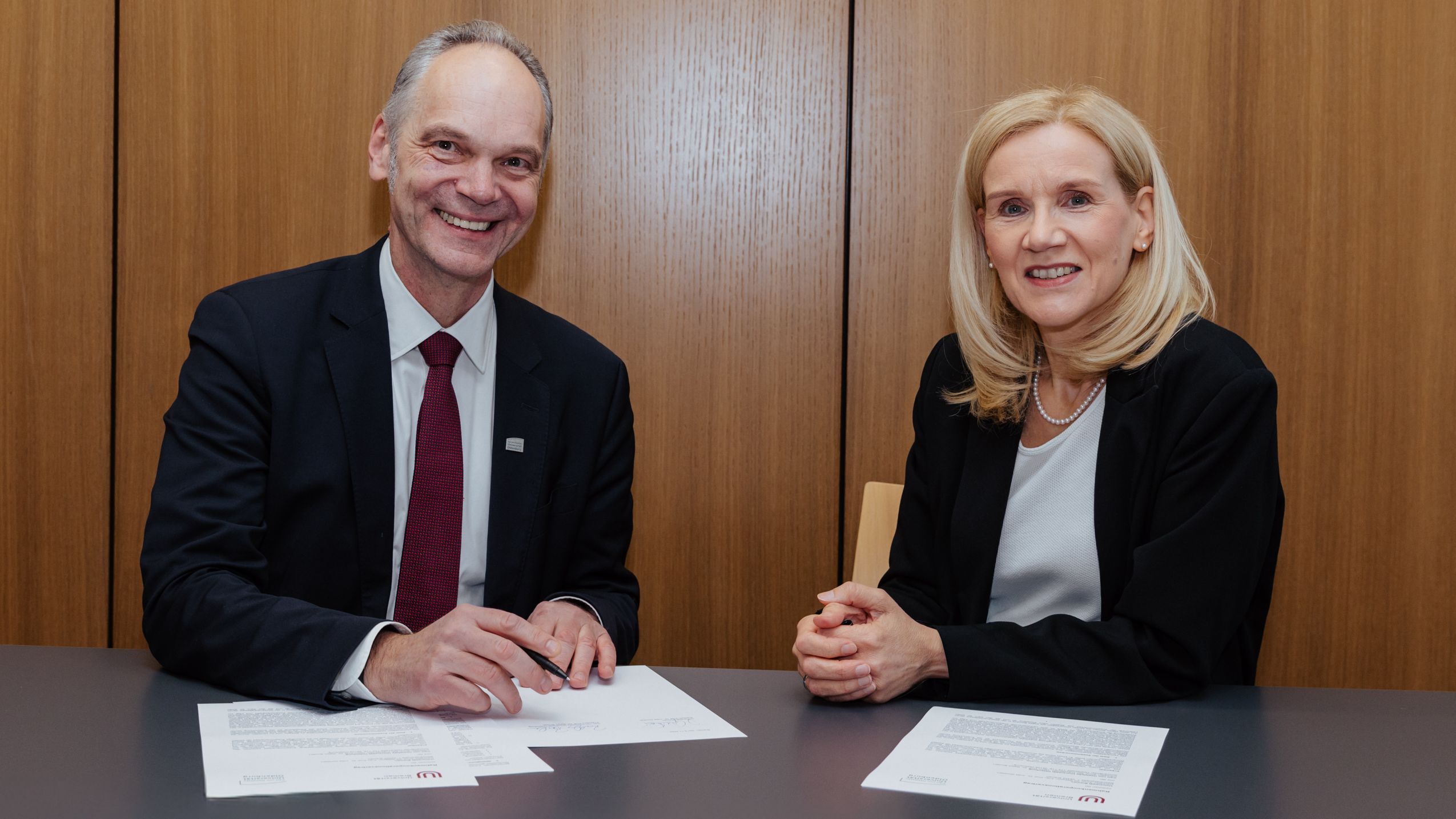The universities of Oldenburg and Bremen have been working together for 25 years. With a revised cooperation agreement, they are intensifying their long-standing partnership. In the new agreement, both universities have laid down the framework conditions for long-term strategic cooperation.
The common goal is to join forces to strengthen the competitiveness and visibility of the universities of Oldenburg and Bremen and their cutting-edge research on regional, national, and international levels.
The fundamental revision of the previous cooperation agreement, which had been in effect since 2006, also reflects recent developments. At the beginning of the year, the two universities founded the Northwest Alliance and announced in the summer that they would submit an application as a team for funding under the Federal and State Excellence Strategy.
The previous cooperation agreement focused on teaching. Among other things, it enabled students to complete modules at the partner university or even study a second subject there.
The revised agreement now adds another new area of focus: the coordinated sharpening of research focuses at both locations. The basis for this is a “shared understanding of values oriented toward social responsibility,” as stated in the agreement. Specifically, the universities want to decide together which new research areas they want to open up for the Northwest and which existing priorities they want to further develop. In doing so, they are pooling their resources and on the one hand focusing on existing joint research networks such as “The Ocean Floor” Cluster of Excellence for research into the seabed, whilst on the other hand also seeking to develop new key areas together.
The strategic cooperation also covers recruitment and personnel development. Together, the universities of Oldenburg and Bremen want to make the northwest even more attractive for exceptional scientists from Germany and abroad. For example, in the future, these scientists will be able to take advantage of qualification opportunities at both locations – not least because the partners are developing joint concepts for promoting academic careers. The universities will also collaborate on the appointment of professors in key areas of focus.
Another main focus is the dialogue on research topics with partners from all areas of society. The universities want to further develop this exchange and concentrate in particular on cooperation with stakeholders from civil society, culture, education, politics, and business.
Both universities are setting up a joint office to specify and implement the diverse areas of cooperation.
The cooperation agreement is initially valid for a period of five years and will be extended by one year at a time.
Quotes:
“Over the past 25 years, we have become increasingly close partners and, with a total of four approved Clusters of Excellence this year, we have celebrated the greatest success in the history of our cooperation. Our two universities complement and strengthen each other in an outstanding way – and this also benefits the entire northwestern region,” said Prof. Dr. Ralph Bruder, President of the University of Oldenburg.
Prof. Dr. Jutta Günther, President of the University of Bremen, stated: “We are consciously responding to the challenges of a changing world by working even more closely together as universities. We are proud of the achievements of our top researchers and teaching staff members, but we will only be truly successful if we also manage to have a positive impact on society. We are committed to working together and taking social responsibility.”
